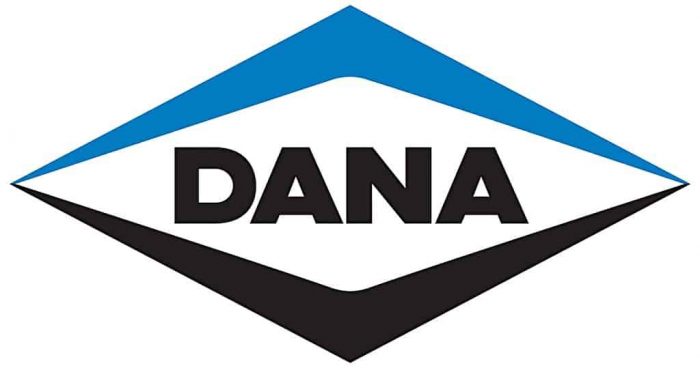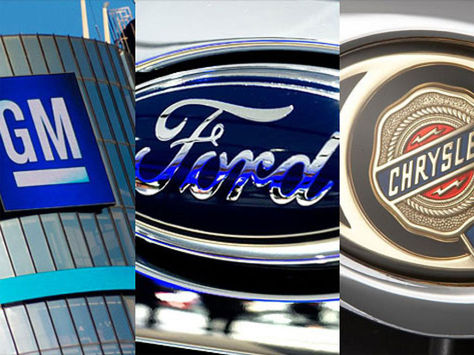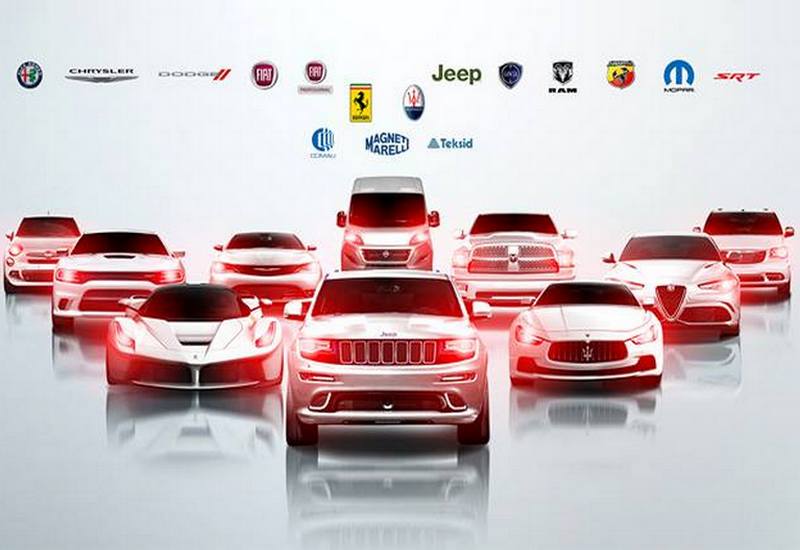Now Reading: U.S. car buyers may get a break on loans due to coronavirus disruption
-
01
U.S. car buyers may get a break on loans due to coronavirus disruption
U.S. car buyers may get a break on loans due to coronavirus disruption

Several automakers on Monday stated U.S. purchasers of new vehicles will have the option to defer their payments and clients with existing car loans could ask for payment rescheduling if affected by shutdowns because of the spread of coronavirus.
The move is also intended at increasing new car sales during a time of uncertainty for dealerships, as an unprecedented wave of shut downs and restrictions is leading millions of U.S. workers and students to stay in home to avoid getting in contact with the virus.
About 7,339 people in the United States have been confirmed as being infected with the coronavirus. The virus has killed about 116 in the country.
Ford Motor on Monday stated its credit unit is offering consumers purchasing new vehicles the option to postpone their first payment by 90 days.
A U.S. spokesman for Nissan Motor stated the automaker will launch a similar program.
Hyundai Motor on Friday stated it would defer payments for select new cars by 90 days and offer up to six months of payment relief for consumers who lose their job.
Ford, Nissan, General Motors and Toyota Motor also stated they will provide payment relief options to consumers affected by the virus, including extensions and deferred lease payments.
“We are working with consumers on a case-by-case basis regarding payment deferrals and waiving late fees,” a GM representative said.
U.S. auto loans have been rising at a steady rate since 2011 and increased to $16 billion in the fourth quarter of 2019 to $1.33 trillion nationwide, according to data provided by the New York Federal Reserve.
Over 7 million Americans are already 90 or more days behind on their car loans. The serious delinquency rates among borrowers with the lowest credit scores have by far observed the fastest acceleration.
For America’s working poor, having a car is often an important object for keeping a job and forced shut downs of restaurants and other businesses could make the situation worse.
Until now, automakers and their providers have avoided production shutdowns in the United States because of parts already en route, or resorting to air shipments and different plants.
But analysts are already decreasing their 2020 sales forecast for the U.S. market because of the outbreak. Morgan Stanley analyst Adam Jonas stated in a research note earlier week that he expects “demand shock” to send U.S. auto sales 9% decline this year. Before the outbreak, he had expected a drop between 1% to 2%.
Stay Informed With the Latest & Most Important News
Previous Post
Next Post
-
 01Polestar Boss Says It’s Time To Outrun BMW M And Mercedes-AMG
01Polestar Boss Says It’s Time To Outrun BMW M And Mercedes-AMG -
 02Spy Shots: 2027 Mitsubishi Pajero Spotted in Testing Ahead of Possible U.S. Return
02Spy Shots: 2027 Mitsubishi Pajero Spotted in Testing Ahead of Possible U.S. Return -
 032026 Toyota Hilux EV: A Powerful Truck with Silent Torque
032026 Toyota Hilux EV: A Powerful Truck with Silent Torque -
 04Spy Photos: VW ID. Polo GTI Goes Electric with 223 HP and 280 Miles of Range
04Spy Photos: VW ID. Polo GTI Goes Electric with 223 HP and 280 Miles of Range -
![2027 Mercedes-Benz S-Class Debuts with V8 Engine [Photo Gallery]](https://speedlux.com/wp-content/uploads/2026/01/2027-Mercedes-Benz-S-Class-33-155x125.jpg) 052027 Mercedes-Benz S-Class Debuts with V8 Engine [Photo Gallery]
052027 Mercedes-Benz S-Class Debuts with V8 Engine [Photo Gallery] -
 06The Controversial Ford Voodoo V8 That Was Killed Off Too Early
06The Controversial Ford Voodoo V8 That Was Killed Off Too Early -
 07Hyundai Palisade’s Breakout Year Shows How Quickly the Market Can Turn
07Hyundai Palisade’s Breakout Year Shows How Quickly the Market Can Turn



![2027 Mercedes-Benz S-Class Debuts with V8 Engine [Photo Gallery]](https://speedlux.com/wp-content/uploads/2026/01/2027-Mercedes-Benz-S-Class-33-700x394.jpg)










































